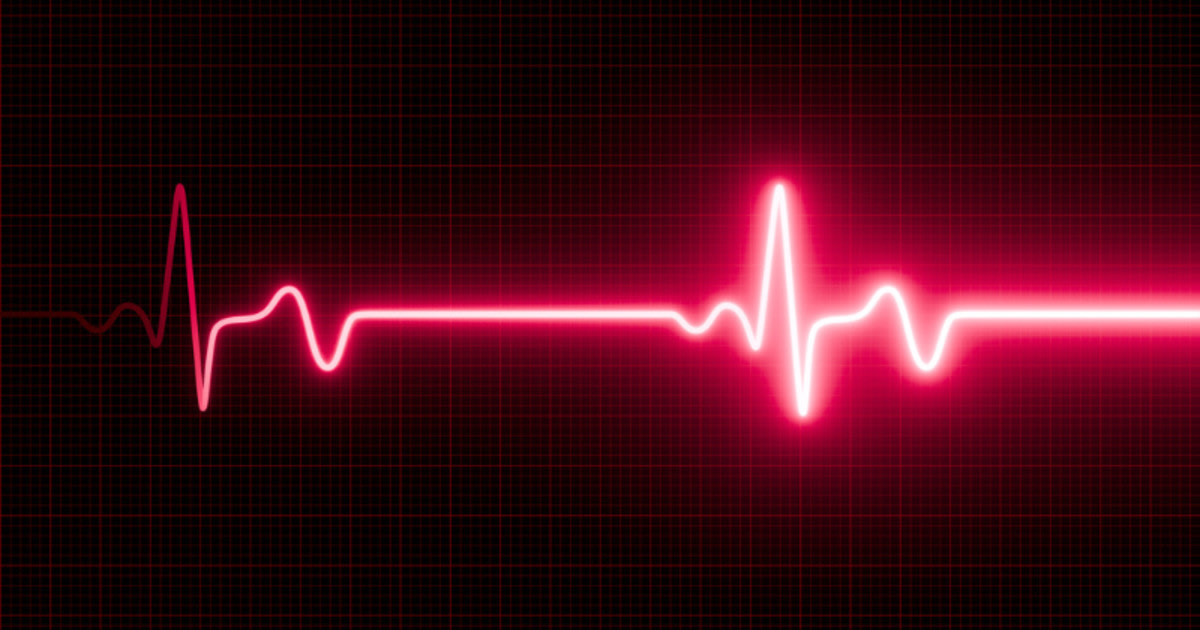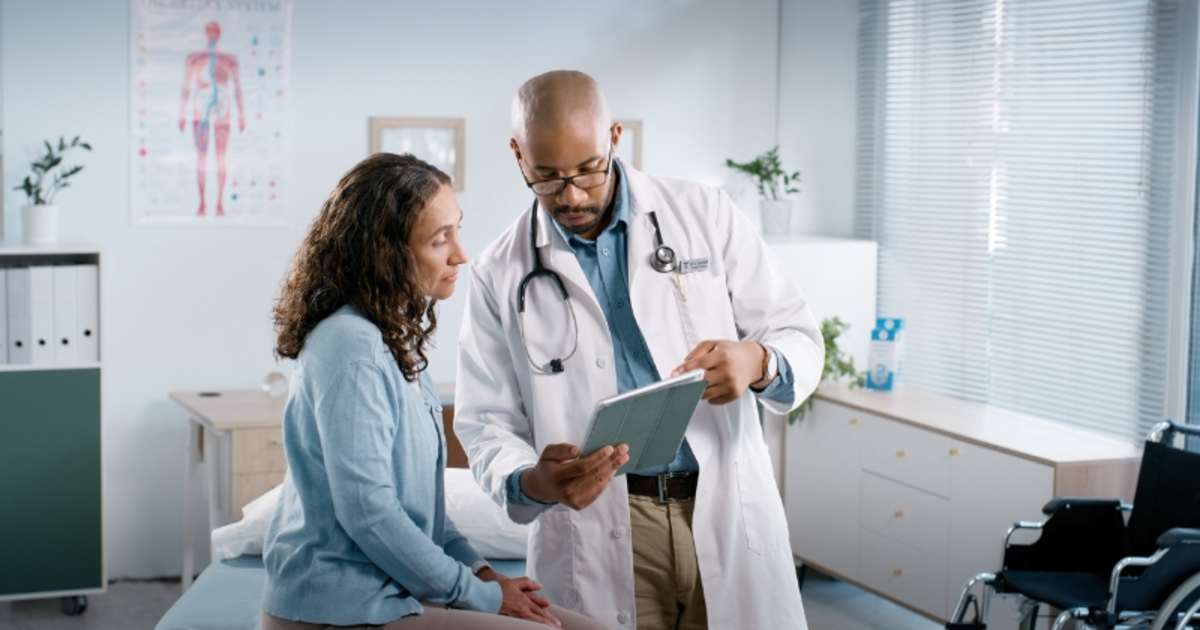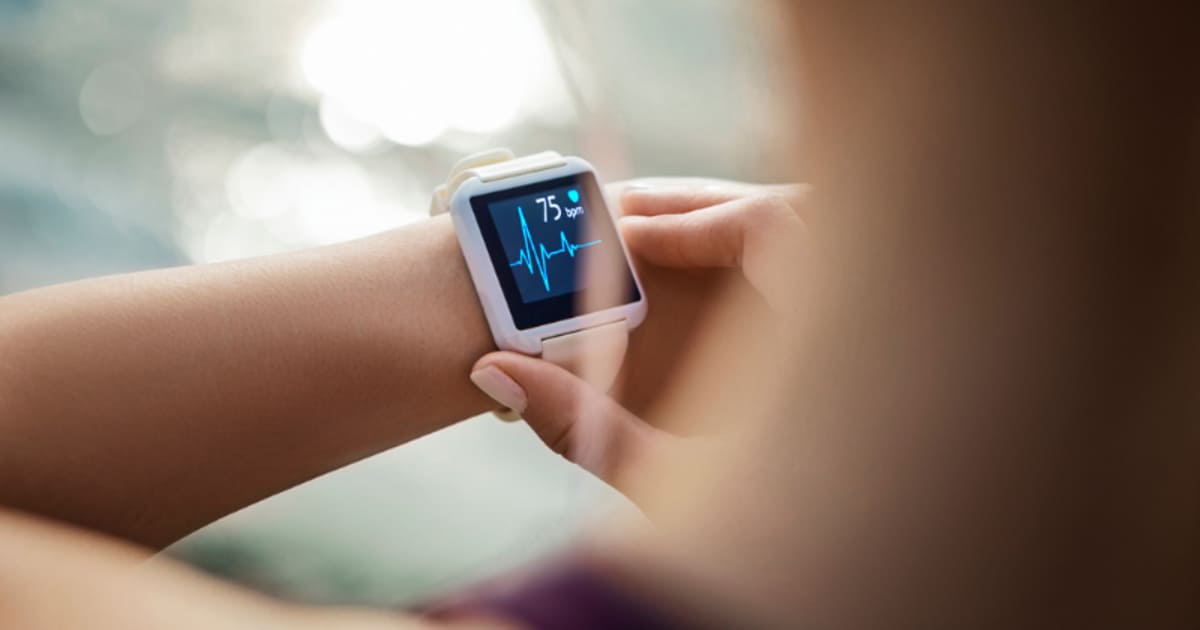Mom fainted at her home without warning. Her doctors checked her heart monitor —and it ended up saving her life

There are moments in life when everything feels normal until it suddenly isn’t. For one Pierce County woman, a simple walk became the turning point that revealed a danger she never knew about. Per Fox13 Seattle's report on Friday, November 21, 2025, Charissa Hudson, 40, describes herself as “pretty healthy until I wasn’t.” As an active mom of three, she loves walking outdoors, spending time with her dogs, but nothing in her life hinted at heart trouble. That changed during a neighborhood walk in April 2024.

Charissa remembers feeling something strange. “My mom was a little ahead of me, and I said, ‘Mom, I have to stop. I don’t feel right,’” she recalled about that day when she passed out and remained unconscious for at least four minutes. She woke up with a headache, and her heart raced when firefighters and medics rushed her to St. Joseph Medical Center in Tacoma. She had just returned from a long international trip, so she assumed it was jet lag or maybe a bug. “You don’t think of the worst,” she said.

At the hospital, her vitals appeared normal except for an abnormal heartbeat. Doctors asked her to use a Zio AT heart monitor for two weeks. Charissa felt fine afterward until eight days later, when she fainted in her home office without warning. She woke up in the ER again, where doctors pulled data from iRhythm, the company behind her heart monitor, and the data surprised them. “The doctor basically said 'you’ve had a sustained ventricular tachycardia event that’s not compatible with life,'” she remarked.

Charissa shared that medical teams didn’t know how she survived it because further testing revealed a rare genetic heart condition called arrhythmogenic right ventricular cardiomyopathy (ARVC), which causes the heart’s electrical system to beat dangerously fast and, in severe episodes, stop pumping entirely. Charissa was not aware that she had the genetic mutation and had shown no noticeable symptoms earlier. Many people may never know because symptoms can be subtle, often showing up as fainting, chest pain, palpitations, or trouble breathing, only once the condition progresses. In her case, according to doctors heart monitor played a lifesaver. “If I hadn’t been wearing the heart monitor, I probably would have had another episode because my heart was getting weaker and weaker with each one. And that I probably wouldn’t be here,” she expressed.

Her story also highlights a growing global concern. According to research published by the British Heart Foundation in August 2025, heart disease affects an estimated 640 million people worldwide, about 1 in every 12 individuals. With populations ageing and lifestyles shifting, experts warn this number will continue to rise if early detection remains limited for heart conditions related to inherited disorders, as well as those that develop later, such as coronary heart disease, atrial fibrillation, heart failure, etc.
Charissa now lives with a pacemaker. Genetic testing across her family revealed that six relatives, including her daughter, have the same gene, and two family members will also need pacemakers. “To me, the hidden gem in all of it is that, A, I survived. That’s pretty special. And B, my family is able to get some answers that they maybe otherwise wouldn’t have had,” she said. “And hopefully and potentially avoid having a situation like I had.”